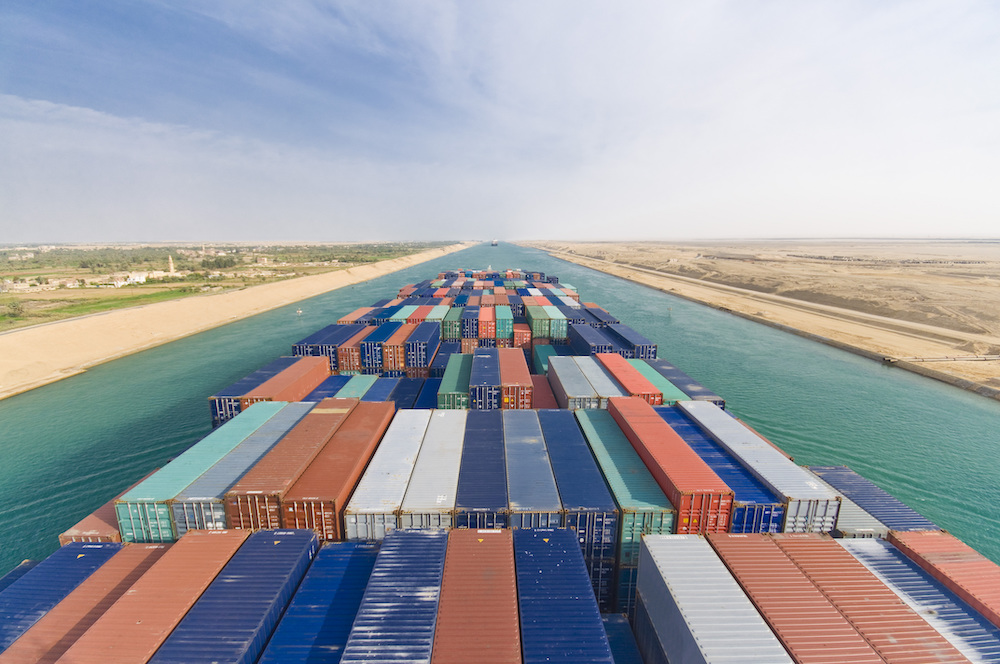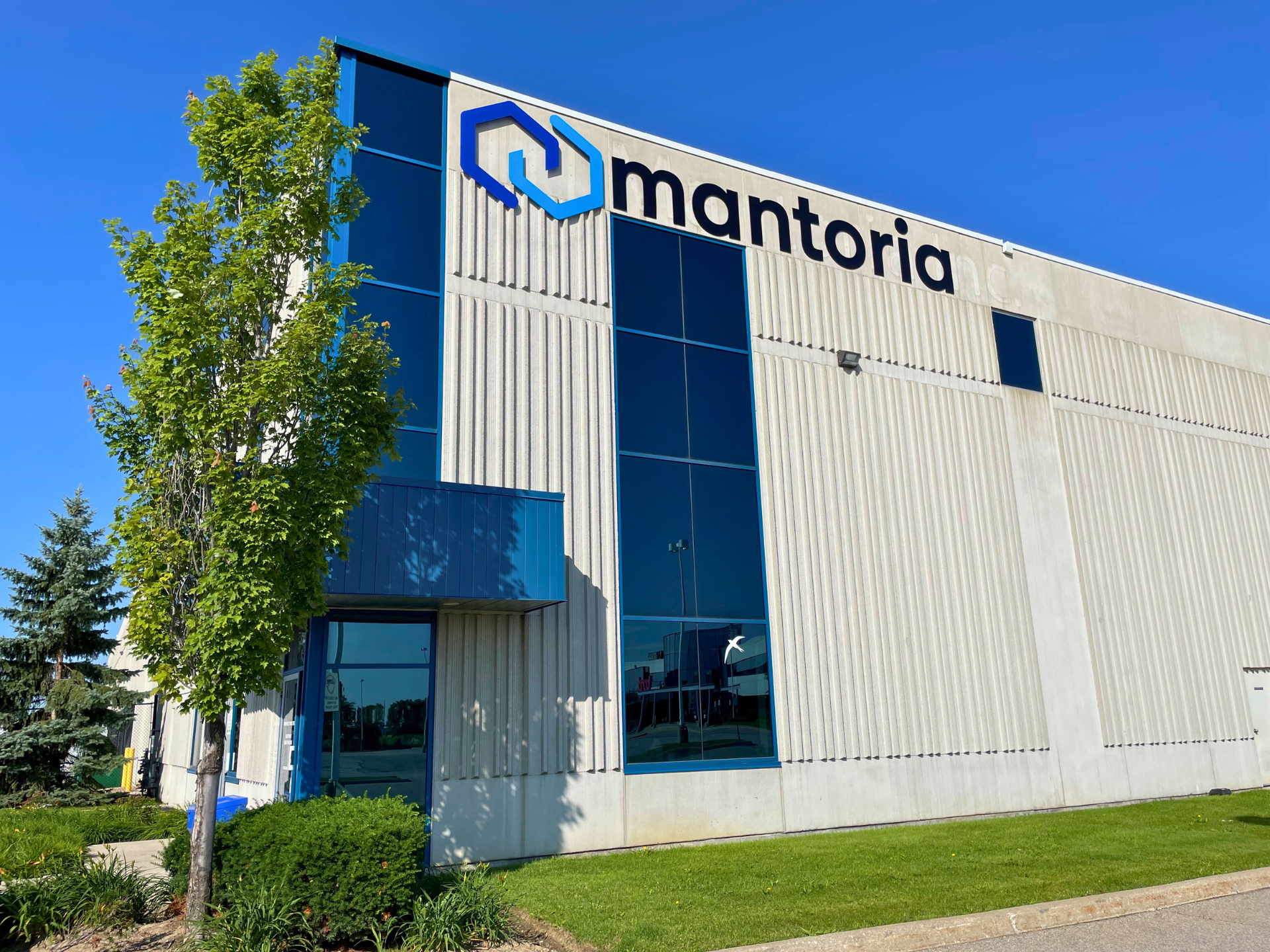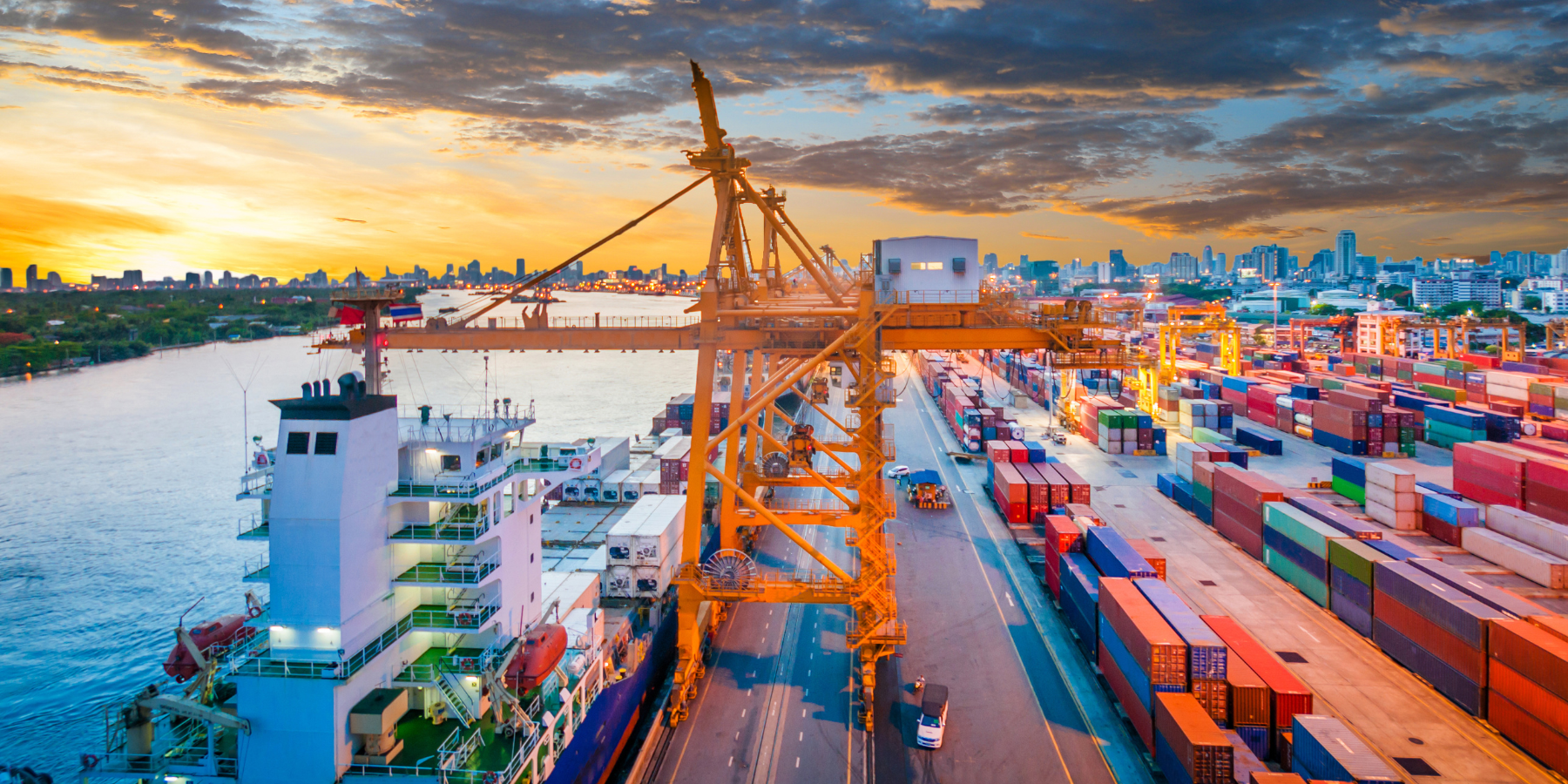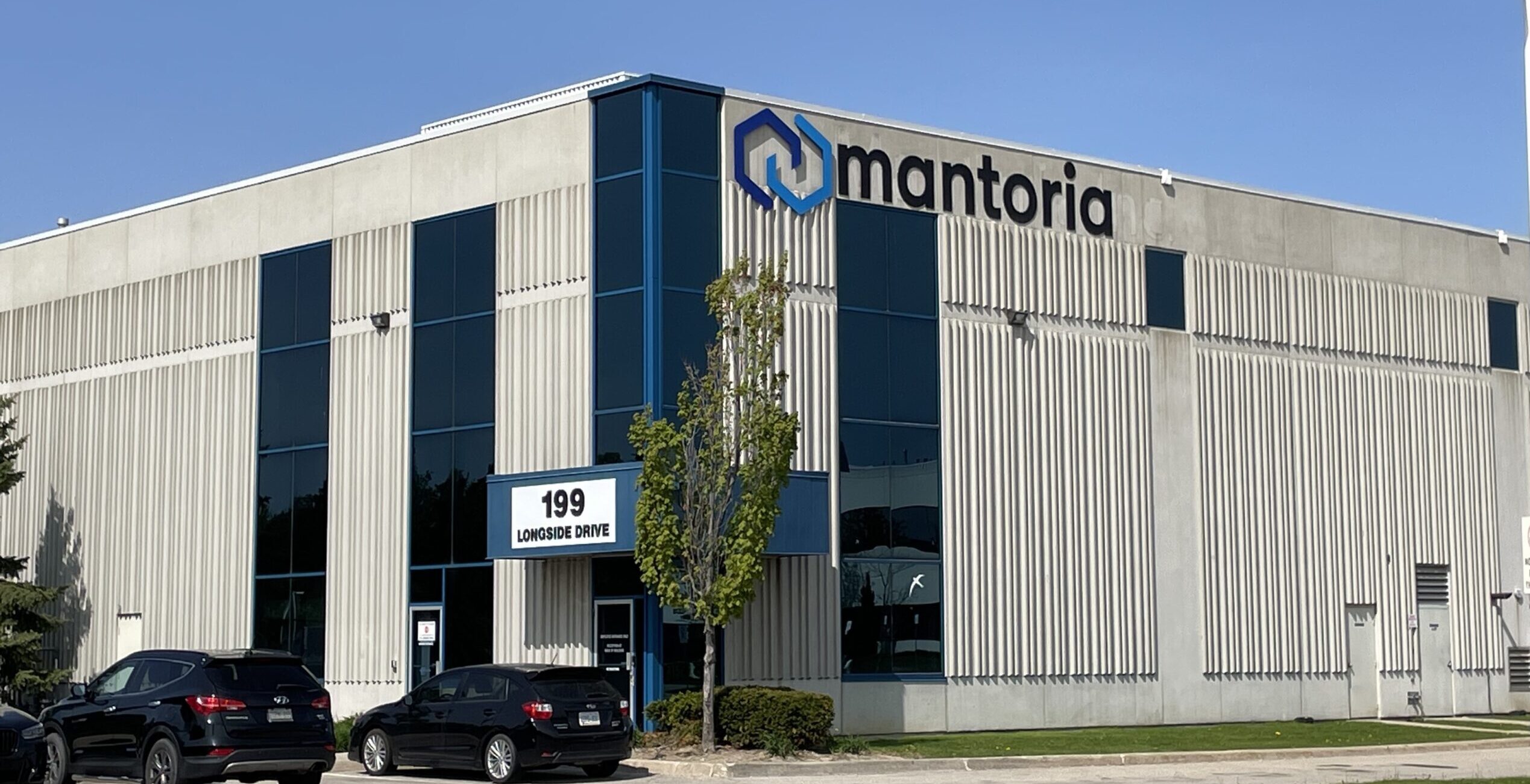The Suez Canal in Egypt first opened in 1869 after more than 10 years of construction. Thousands of Egyptian workers labored tirelessly to construct this Canal, but now a new plan is in the works to expand the canal to meet the ever growing vessel sizes. This new canal will expand the capacity of the existing canal and will also create jobs and revenue for an Egyptian economy that is floundering.
President Abdel Fattah el-Sisi Backing Expansion Plan
Egyptian President Abdel Fattah el-Sisi is one of the biggest backers of the Suez Canal expansion plan. With a lavish ceremony, President Sisi made this complex and ambitious plan official. There have been talks regarding the construction and expansion of Egypt’s Suez Canal for a number of years, but now the plans will finally be put into motion. This new plan for expanding the Canal is anything but small. Not only is the timeline incredibly ambitious, but the expansion will involve digging more than 45 miles of earth and wetlands. Completing the expansion of the Suez Canal in one year is the ultimate goal.
Economic Impact
The main reason that the timeline for Egypt’s Suez Canal expansion is so rushed can be linked to the volatile Egyptian economy. It is no secret that expanding the canal is something that has been debated time immemorial. The dire need to kick-start the economy makes the present the perfect time for the expansion plan to take root. Recent unrest in Egypt and a lowered national debt load to GDP rating has prompted the government to take heed and move forward. The canal currently generates roughly USD 5 Billion in revenue per annum for the Sisi coffers, and according to certain sources within Sisi’s inner circle, annual revenues of up to USD 100 Billion could be the new norm. Most economists have mitigated that figure to a figure closer to USD 25 Billion, not a number to shirk at nonetheless.
The Suez Canal is an essential passage for international shipping due to its linkage of the Red Sea and the Mediterranean, and more importantly connecting Asia with Europe, and the Americas. If the Suez Canal was to be closed for any reason, products the average consumer in Canada, the USA, and Europe would inevitably cost a whole bunch more. Vessels would be rerouted around South Africa’s Cape of Good Hope adding about 8000 KM’s to the journey to Europe. According to the World Shipping Council, 2007 saw the passage of about 7700 container vessels representing close to 10 % of planet Earths entire annual ocean trade. The expansion will greatly increase this ratio, and continue to be Egypt’s primary source of revenue.
Political Impact
Not only is Egypt’s Suez Canal expansion designed to stabilize the economy, but it is also needed to serve political purpose. Past infrastructure projects have worked well for other Egyptian leaders including Gamal Abdel Nasser. Much like Nasser, President Sisi is looking to enhance his standing and broaden his legitimacy. Stabilizing the political climate after the first elected president Mohamed Morsi was ousted last year, is one of the agendas behind this expansion plan that President Sisi is pushing hard to fulfill. Mr. Sisi wants make sure Egyptians focus on symbolism and pride that the Canal elicits instead of the corruption and mismanagement that has plagued former presidents and rulers of the past.
How Will the Expansion Project be Funded?
The total cost of Egypt’s Suez Canal expansion is estimated to be in the neighborhood of USD 8.5 billion. The military in Egypt will be leading the expansion effort and funds are expected to be raised through the selling of bonds to Egyptian banks and overseas interests.
Breakdown of Total Costs:
This new expansion is designed to both lengthen and deepen the canal. The cost of expanding the canal in length and depth will cost approximately $4.3 billion. Another aspect of the expansion of the Suez Canal involves creating 7 new tunnels for cars and trains. Three of these tunnels will be in Port Said, while 4 will be in Ismailia. These tunnels will be designed to better connect the Sinai Peninsula to Egypt. The cost of this aspect of the expansion is estimated to about $4.2 billion, which results in a total cost near $8.5 billion.
How will the Egypt’s Suez Canal Expansion increase ship traffic
The ultimate goal of this canal expansion plan is to lessen the amount of time that it takes for passage. The number of ships that pass through each day can be more than doubled as a result. This means that two-way traffic of ships will be possible through most of the canal’s length. The amount of time that ships have to wait can also be drastically cut back from 11 hours to less than 3. By 2023 instead of only 47 ships passing through the canal each day, more than 97 will be able to pass through the Suez Canal daily. All of the revenues that will be earned from this expansion project are going to be used to develop canal into industrial and logistics hub.
After years of suffering through an ailing economy and political unrest, it is time for the expansion of the Suez Canal to bring about positive change. Since the expansion project can be completed within one year, an instant impact on the economy can be expected.



